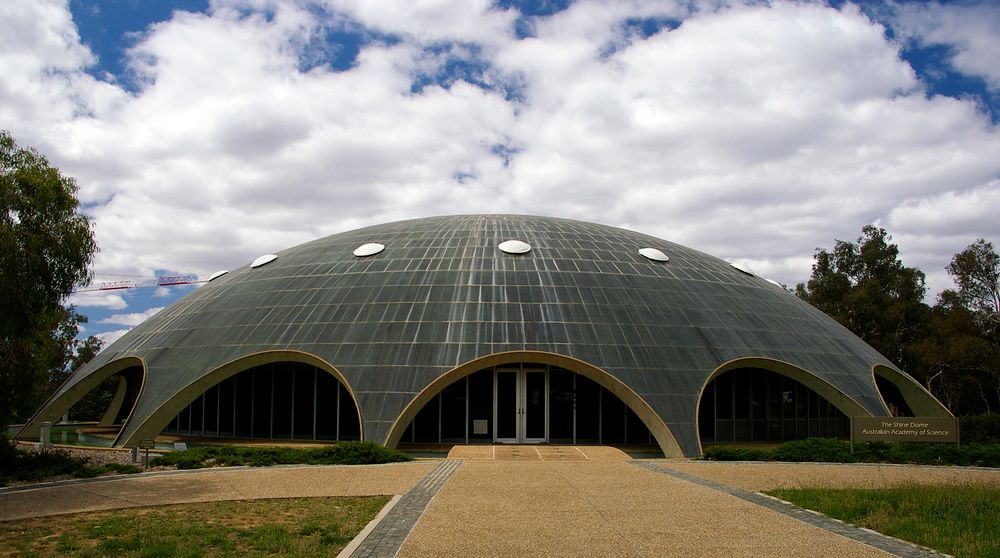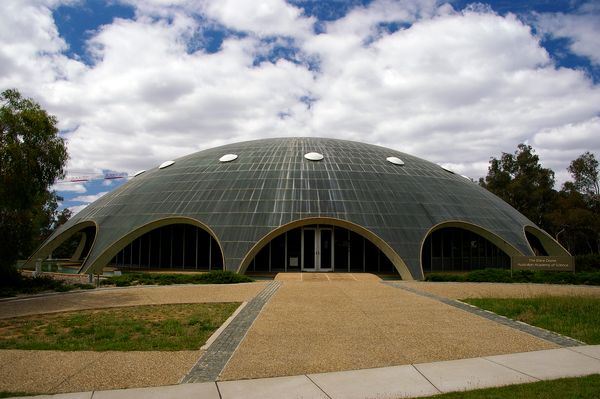Australian Academy of Science Statement on Declining Funding for University Earth Science
The National Committee for Earth Sciences (NCES) aims to foster Earth sciences in Australia, link the Academy to Australian Earth scientists and relevant scientific societies, and serve as a link between Australian and overseas Earth scientists, primarily through the International Union for Quaternary Research, the International Union for Geodesy and Geophysics and the International Union for Geological Sciences. This is their statement on the state of funding of the Earth Sciences in Australia in 2021.
The decline in funding for Earth Science departments in Australia in the past year follows the pattern over the last 15 years, over which time staff numbers and student enrolments have been linked to the increasing expenditure by the minerals sector with a short time lag. Last year, student numbers enrolled in first-year courses in the Earth sciences increased in most universities. Over the same period, two Earth sciences departments have been closed down and many others have suffered from significant academic staff reduction. The levels of recent cuts are unprecedented. The Australian Geoscience Council (AGC) is equally alarmed by the recent trends of staff reduction.
The full article released by the NCES and AGC.
The geosciences encompass a wide array of disciplines linked to the study of Earth (such as physics, chemistry, biology, mathematics, computing and geology,). It is through this integrative approach that we have built our present-day understanding of Earth’s interior, and its surface, groundwater, oceans, atmosphere and cryosphere, as well as the processes that formed them.
The geosciences fundamentally underpin both the economic and social wellbeing of Australian society. More than most nations, Australia depends on geoscientific understanding for the charting of a prosperous future, given our economic reliance on the minerals industry. It will require low-carbon technology and the discovery of new mineral deposits. But the geosciences are equally important in many other areas of societal importance, including understanding the complexities of Earth’s natural processes and contributing to solutions for many human-made problems such as issues related to climate variability, phenomena associated with geohazards such as earthquakes, extended drought and major flooding, as well as sea level rise. Our cultural heritage can also be better understood through geoscientific investigations, such as the dating and preservation of rock art as well as geoarchaeological investigations.
For more information, contact
Professor David Cohen, University of New South Wales, President of the Australian Geoscience Council, d.cohen@unsw.edu.au
Emeritus Professor Patrick De Deckker FAA, Australian National University, Chair of the National Committee for Earth Sciences, Patrick.DeDeckker@anu.edu.au
Editor: Louis Moresi



